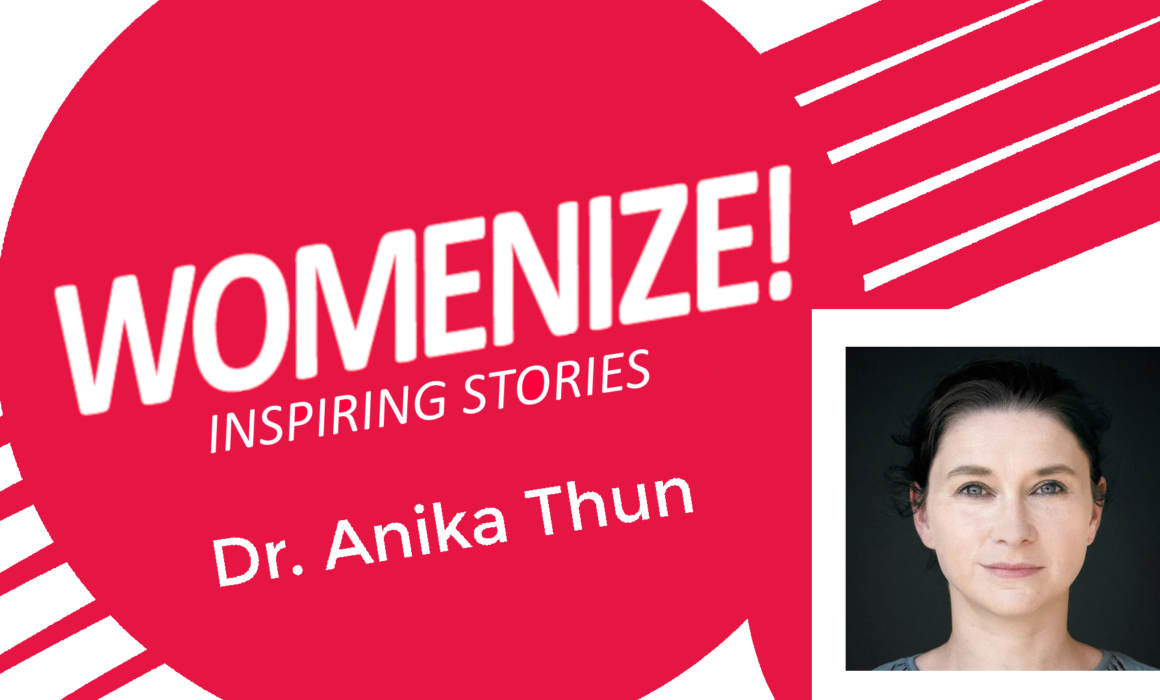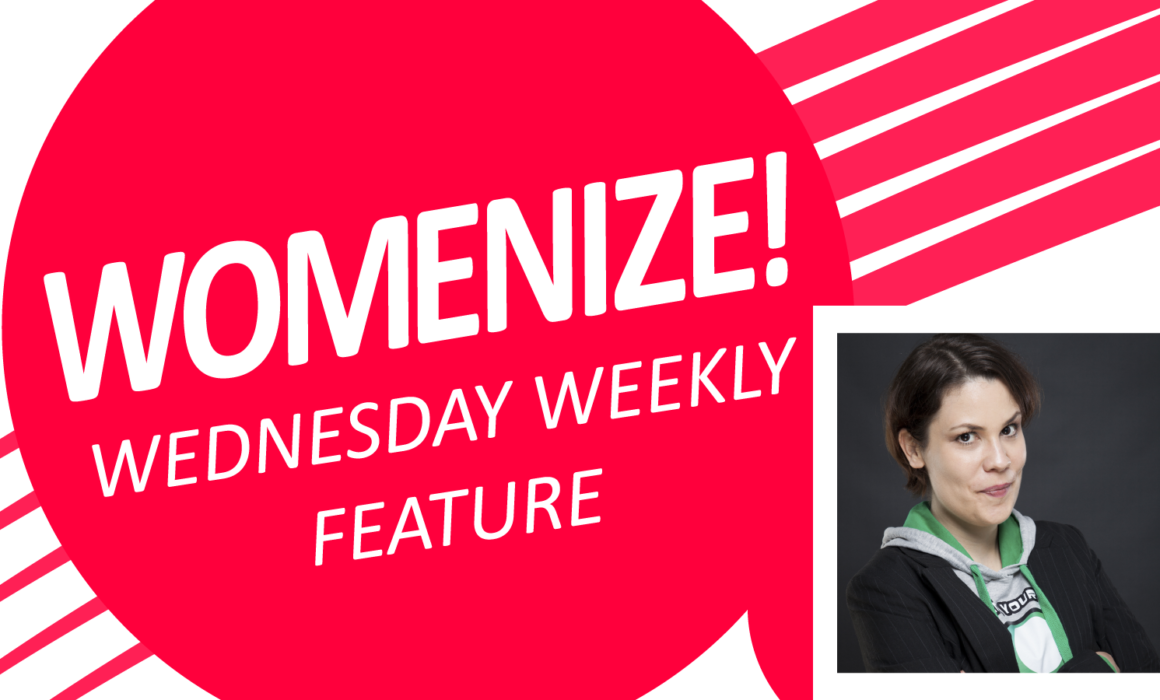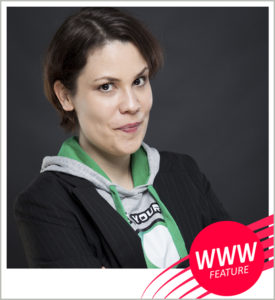Dr. Anika Thun – Womenize! – Inspiring Stories
Womenize! – Inspiring Stories is our weekly series featuring inspirational individuals from games and tech. For this edition we talked to Dr. Anika Thun, Managing Director at Kalypso. She speaks about her journey with Kalypso, the impact of her entrepreneurial and educational experiences, and her dedication to fostering sustainable growth and inspiring diverse young leaders in gaming. Read more about Anika here:
Hi Anika! Looking back, what do you consider your proudest achievements, and how have these experiences shaped your vision for Kalypso’s future?
Joining Kalypso Media in its early days and witnessing its growth from a small start-up to a robust, globally operating mid-sized enterprise has been incredibly fulfilling. I’m immensely proud of what we’ve accomplished, thanks to a clear vision, hard work, and a talented team that drives each new game release. Each phase of Kalypso’s growth has taught me invaluable lessons, offering a unique perspective across all areas of the business. Our focus on organic and sustainable growth sets us apart in such a fast-paced industry. This cumulative experience has shaped my approach to Kalypso’s expansion and exploring new opportunities. Looking forward, my vision for Kalypso is to remain grounded in our origins while staying ambitious about creating sustainable growth in an ever-evolving industry.
How has balancing your roles with Bluelce Marketing and Kalypso influenced your perspective as a leader, and what insights have you brought from one venture to the other?
Founding Bluelce Marketing has given me a unique, entrepreneurial perspective that strongly influences my approach at Kalypso. Building a company from the ground up teaches entrepreneurial basics, views and perspectives. You understand firsthand the dedication required to grow something from nothing. This has translated into a careful and thoughtful approach when making strategic decisions at Kalypso on a larger scale. In both roles, I’ve gained valuable insights into the complexity of leading diverse teams, encouraging creativity, and building a vision that aligns with our audiences and partners. Each role strengthens the other, together shaping my approach to sustainable growth and strategic leadership.
What role has your educational background played in your approach to innovation and strategic decisions, and how do you hope to inspire and support a new generation of diverse leaders in gaming?
Coming from a working-class background, pursuing a PhD in media studies and an MBA wasn’t the typical path laid out for me, and it required courage and determination. Looking back, this journey has been rewarding and has equipped me with the skills to manage complex economic frameworks and strategic decision-making. However, beyond formal education, it’s been my passion and commitment that have truly driven my success. At Kalypso Media, we support initiatives like Girl’s Day each year to inspire young women to explore careers in gaming and technology. Through these programs, we aim to break down stereotypes and encourage diversity in the industry. I’ve learned that passion is key, and I want to motivate young women and girls to follow the path that fits them best and to believe in their potential, regardless of expectations. I am committed to fostering leadership and supporting the next generation of leaders with fresh ideas and perspectives in gaming.
Thanks for this interview, Anika!
Anika’s links: LinkedIn
Womenize! – Inspiring Stories Feature by Madeleine Egger



